The Day Digital Privacy Was Compromised
Cambridge Analytica Scandal
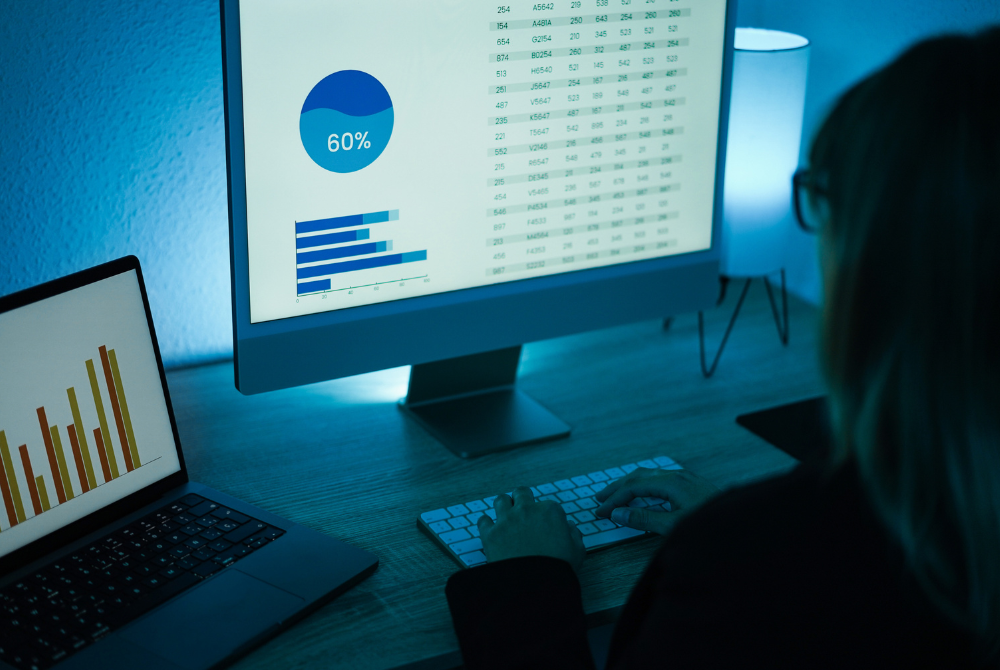
In 2018, a shocking revelation captured global attention. Cambridge Analytica, a data analytics firm, was found to have illegally harvested data from approximately 87 million Facebook users. This data was allegedly used to influence political campaigns, including the U.S. presidential election and the Brexit referendum.
The method was simple. Facebook users downloaded a personality quiz app for fun, unwittingly granting the app access to their data and the data of their friends. Cambridge Analytica exploited this information for targeted political advertising.
As a result, Facebook CEO Mark Zuckerberg was summoned to testify before the U.S. Congress. Facebook faced a staggering $5 billion fine (approximately 6 trillion KRW). However, the most shocking aspect was that users had no idea how their data was being used.
-
Q: What is Digital Privacy?
-
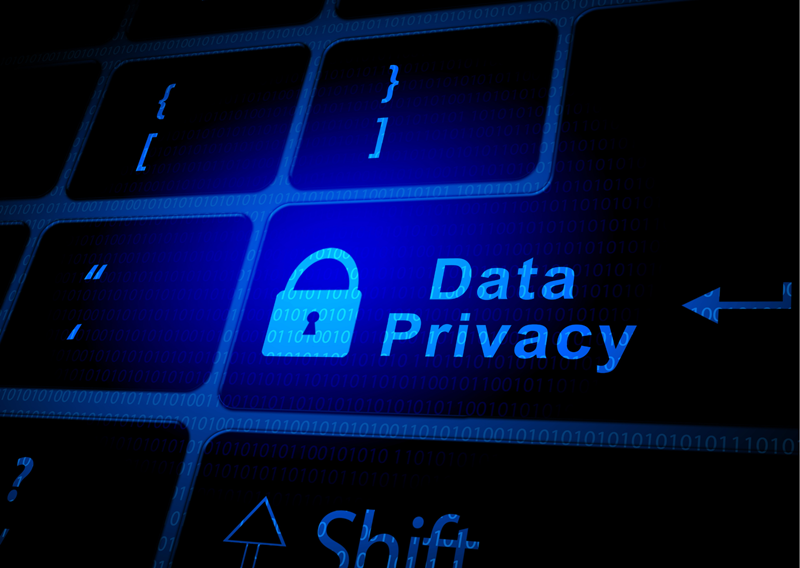
A: Digital privacy is the right to control who accesses your data and how it is used in the online world.
The United Nationsrecognizes digital privacy as a fundamental human right. In its 2013 resolution, “The Right to Privacy in the Digital Age,”the UN defined digital privacy as:
“The right to have personal information and communication protected
from unlawful collection, storage, processing, or sharing in digital environments.”
In simpler terms, digital privacy acts like an invisible wall protecting your digital space, ensuring that your data isn’t accessed or misused without your consent.
-
Who Violates Digital Privacy and Why?
-

Every click, search, or post you make leaves a digital footprint a mosaic of your identity. This data includes financial records, browsing history, and personal messages, holding immense value for corporations, governments, and cyber criminals.
The problem? Many platforms, such as social media and e-commerce sites, collect user data as a fundamental part of their operations. Approximately 80% of websites collect user data for advertising purposes. The cost of these “free” services often ends up being your personal information.
The European Digital Rights (EDRi)coalition has pointed out that most websites rely on invasive tracking technologies. These tools can manipulate user behavior, from purchasing habits to political opinions, raising serious ethical concerns such as misinformation campaigns.
Key Issues
● Data Collection: Apps and websites often gather far more data than necessary.
● Data Sharing: Collected information is shared or sold to advertisers, governments, or data brokers.
● Data Misuse: Weak security measures can lead to fraud, discrimination, or political manipulation.
In essence, digital privacy isn’t just about keeping secrets—it’s about controlling your digital life.
-
Current State of Digital Privacy: Where Are We Now?
-
If digital privacy could be summed up in one word, it would be unstable. According to a UN report, over 70% of the global population has experienced some form of personal data exposure online. Let’s look at the specifics:

∎ Data Breaches
A joint study by Amnesty Internationaland the World Economic Forum (WEF)revealed that over 22 billion records were compromised in 2023 alone. These include sensitive information like health records, financial data, and personal identifiers, leaving individuals vulnerable to identity theft and financial fraud.
∎ Mass Surveillance
The UN reports that at least 89 countries actively use digital surveillance technologies, often without sufficient legal safeguards. These systems are sometimes abused to target dissidents or minority groups, infringing on personal freedoms and undermining democratic values.
Digital privacy is no longer just a personal issue, it’s a global challenge. It’s time for all of us to take notice and act.
-
GDPR: A Standard for Digital Privacy Protection
-
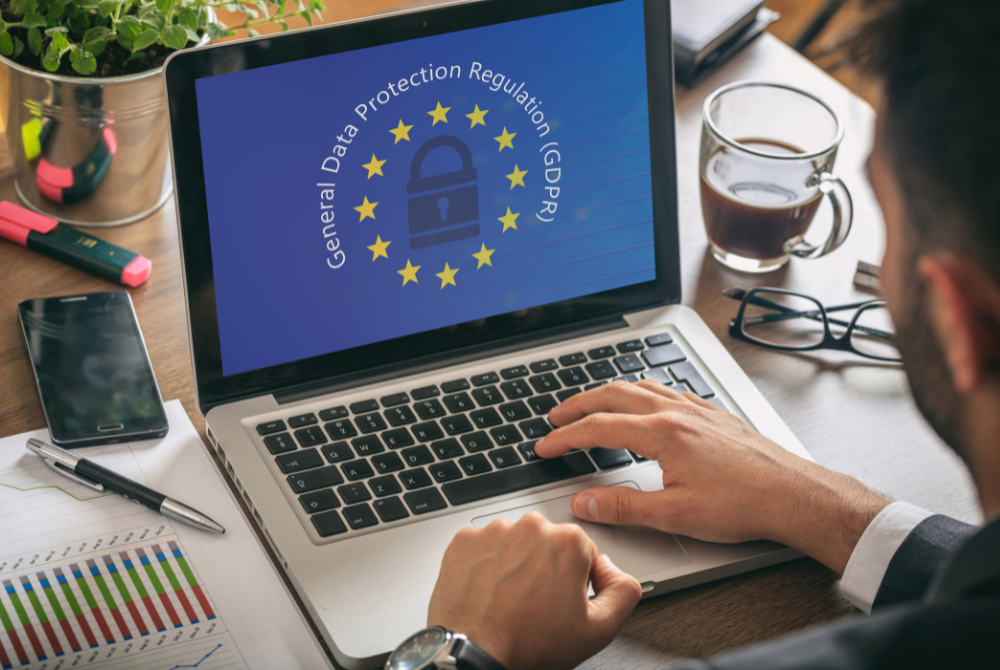
The General Data Protection Regulation (GDPR), introduced by the European Union (EU)in 2018, is one of the world’s strongest data protection laws. It regulates the collection, storage, and processing of user data, creating a powerful shield to protect digital privacy.
Key Features of GDPR
1. Explicit Consent:Companies must obtain clear consent from users before collecting data. Complex terms or misleading agreements are prohibited.
2. Right to Access and Deletion:Users can review how their data is being used and request its deletion if necessary.
3. Accountability:Companies are responsible for protecting user data securely. In case of a breach, they must notify users promptly and take corrective action.
GDPR treats digital privacy not just as an individual issue but as a fundamental human right. Its implementation has influenced global standards, with many countries adopting similar laws modeled on GDPR.
-
Tips for Safeguarding Your Digital Privacy
-
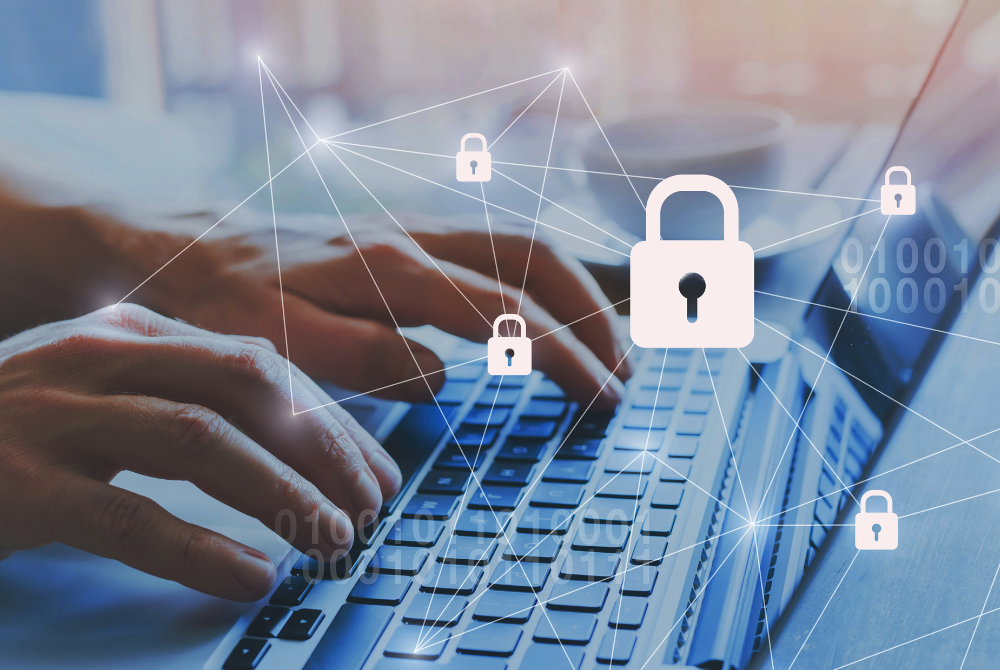
1. Strong Passwords First!️
Ditch weak passwords like "123456." Use a mix of uppercase, lowercase, numbers, and symbols, and ensure each account has a unique password.
2. Be Cautious on Social Media!
Avoid sharing real-time location details. Share personal updates only with trusted friends and check your privacy settings.
3. Beware of Public Wi-Fi!
Avoid entering sensitive information on public Wi-Fi networks. Use a VPN for secure browsing.
4. Review App Permissions!
Check what data an app wants to access before downloading. Deny unnecessary permissions.
5. Adjust Browser Settings!
Enable anti-tracking features and only allow essential cookies.
6. Enable Two-Factor Authentication!
Add an extra layer of security by requiring a second form of verification during login.
7. Watch Out for Phishing Emails!
Be cautious with unexpected emails. Verify senders and avoid clicking on unknown links.
8. Update Regularly!
Keep your apps and devices up to date to fix security vulnerabilities.
9. Audit Your Digital Footprint!
Delete unused accounts and check if your data has been compromised using tools like Have I Been Pwned?
-
Global Cooperation Is Crucial
-
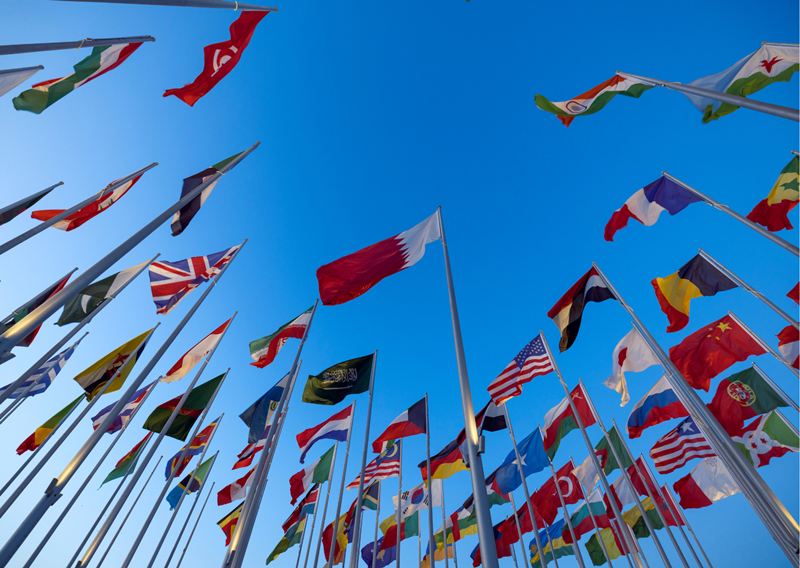
Digital privacy issues transcend borders. The World Economic Forum (WEF)emphasizes the need for global collaboration to address challenges like cross-border data flows, ethical use of artificial intelligence, and accountability for data misuse. International treaties and standardized regulations are essential to protect privacy in an interconnected digital economy.
This global perspective underscores the importance of safeguarding digital privacy. It’s a shared responsibility among governments, corporations, and individuals.
“In the digital age, privacy is the final defense for freedom of expression and democracy.”
- Maria Ressa, 2021 Nobel Peace Prize Laureate-
Learn More: What is Open Source? |
Authored by Sharon Choi
Director of Planning
Sunhak Peace Prize Secretariat

